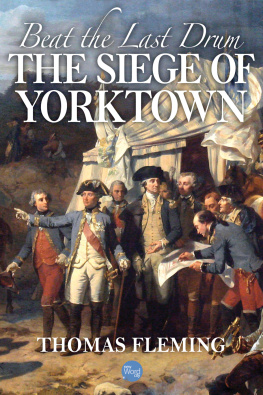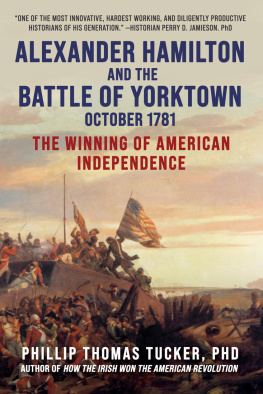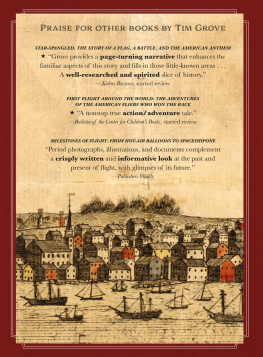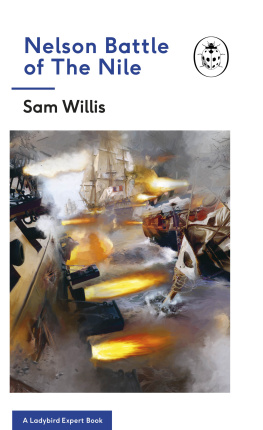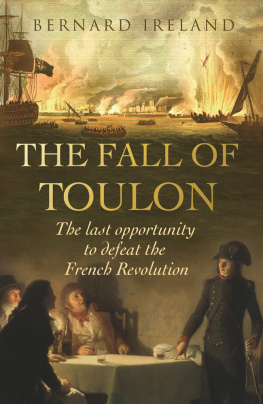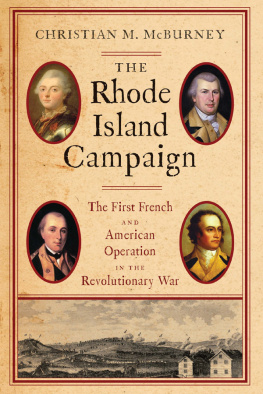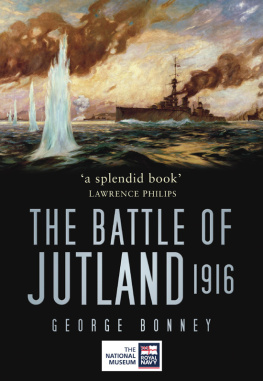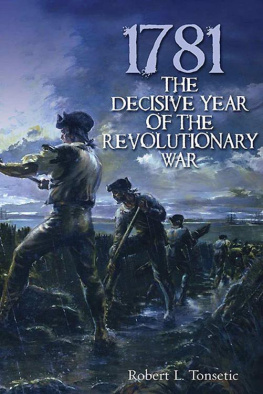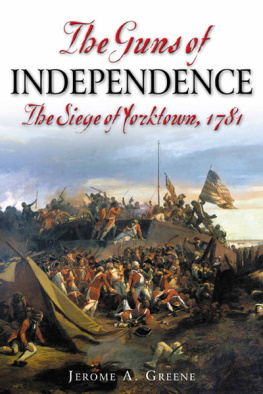GEORGE WASHINGTONS GREAT GAMBLE
AND THE SEA BATTLE THAT WON
THE AMERICAN REVOLUTION
JAMES L. NELSON


Copyright 2010 by The McGraw-Hill Companies, Inc. All rights reserved. Except as permitted under the United States Copyright Act of 1976, no part of this publication may be reproduced or distributed in any form or by any means, or stored in a database or retrieval system, without the prior written permission of the publisher.
ISBN: 978-0-07-174317-4
MHID: 0-07-174317-0
The material in this eBook also appears in the print version of this title: ISBN: 978-0-07-162679-8, MHID: 0-07-162679-4.
All trademarks are trademarks of their respective owners. Rather than put a trademark symbol after every occurrence of a trademarked name, we use names in an editorial fashion only, and to the benefit of the trademark owner, with no intention of infringement of the trademark. Where such designations appear in this book, they have been printed with initial caps.
McGraw-Hill eBooks are available at special quantity discounts to use as premiums and sales promotions, or for use in corporate training programs. To contact a representative please e-mail us at bulksales@mcgraw-hill.com.
TERMS OF USE
This is a copyrighted work and The McGraw-Hill Companies, Inc. (McGraw-Hill) and its licensors reserve all rights in and to the work. Use of this work is subject to these terms. Except as permitted under the Copyright Act of 1976 and the right to store and retrieve one copy of the work, you may not decompile, disassemble, reverse engineer, reproduce, modify, create derivative works based upon, transmit, distribute, disseminate, sell, publish or sublicense the work or any part of it without McGraw-Hills prior consent. You may use the work for your own noncommercial and personal use; any other use of the work is strictly prohibited. Your right to use the work may be terminated if you fail to comply with these terms.
THE WORK IS PROVIDED AS IS. McGRAW-HILL AND ITS LICENSORS MAKE NO GUARANTEES OR WARRANTIES AS TO THE ACCURACY, ADEQUACY OR COMPLETENESS OF OR RESULTS TO BE OBTAINED FROM USING THE WORK, INCLUDING ANY INFORMATION THAT CAN BE ACCESSED THROUGH THE WORK VIA HYPERLINK OR OTHERWISE, AND EXPRESSLY DISCLAIM ANY WARRANTY, EXPRESS OR IMPLIED, INCLUDING BUT NOT LIMITED TO IMPLIED WARRANTIES OF MERCHANTABILITY OR FITNESS FOR A PARTICULAR PURPOSE. McGraw-Hill and its licensors do not warrant or guarantee that the functions contained in the work will meet your requirements or that its operation will be uninterrupted or error free. Neither McGraw-Hill nor its licensors shall be liable to you or anyone else for any inaccuracy, error or omission, regardless of cause, in the work or for any damages resulting there from. McGraw-Hill has no responsibility for the content of any information accessed through the work. Under no circumstances shall McGraw-Hill and/or its licensors be liable for any indirect, incidental, special, punitive, consequential or similar damages that result from the use of or inability to use the work, even if any of them has been advised of the possibility of such damages. This limitation of liability shall apply to any claim or cause whatsoever whether such claim or cause arises in contract, tort or otherwise.
For Elizabeth, Nathaniel, Jonathan, and Abigail...
mes petits poulets
CONTENTS
In any operations, and under all circumstances, a decisive naval superiority is to be considered as a fundamental principle, and the basis upon which every hope of success must ultimately depend.
GEORGE WASHINGTON to the Comte de Rochambeau July 15, 1780
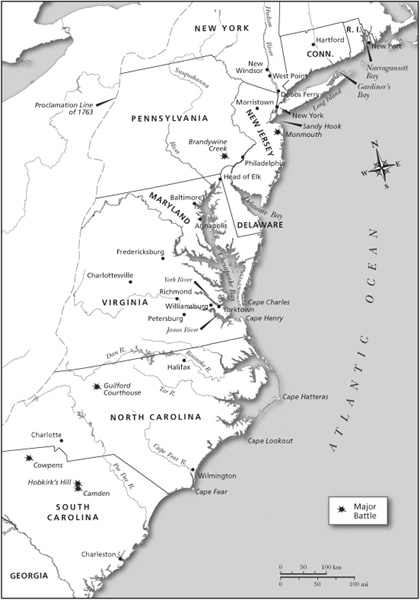
AMERICAS ATLANTIC COAST
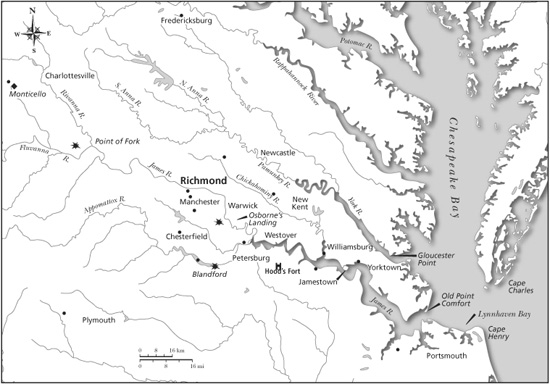
VIRGINIA TIDEWATER

YORKTOWN REGION
PROLOGUE
Yorktown, Virginia
October 14, 1781
THE EVENING IS cold, and the Marquis de Lafayette wraps himself tighter in his greatcoat and pushes his cocked hat down on his head. Around him, the freshly turned earth, the broken landscape, the town of York off to the north are washed golden by the last rays of the sun setting in a clear western sky. The dome of sky overhead is a great arch of variegated colorbrilliant orange in the west fading to white, then deepening to pale blue, then navy blue like the cloth of his uniform coat, and finally night-black in the east. The wide York River is a great dark plain, and the ships riding at anchor there are lost in shadow.
General Lafayette is twenty-four, lean and hard. For three years, he has been at the forefront of the fighting in the American War for Independence. For the past half year, he and his ragged band of veteran troops have been marching around Virginia, dogging the army of Lord Charles Cornwallis. Lafayette has marched for days at a time through brutal heat and driving rain, has slept in the open, and has lived on salt rationsand little of that. He is in the most vigorous health of his life.
He and his army chased Cornwalliss superior force when able and made retrograde motionsretreatswhen necessary. The armies tangled twice, in the battles of Spencers Ordinary and Green Springs. Always, Lafayette tried to keep just out of Cornwalliss reach while never allowing the British general to see how weak he really was.
But all that is over. Cornwallis and his eighty-three hundred men are less than a mile away, hunkered down behind the earthworks surrounding Yorktown (as York is also called), and Lafayette has no fear of him now. More than seventeen thousand American and French troops surround his lordship, and a massive fleet of French ships of the line rides at anchor near the mouth of the Chesapeake Bay. The Americans have dug a trench parallel to Cornwalliss works and will soon dig another that is closer still, moving their heavy guns within 500 yards of the British defenses. After six years of war, so many lost chances, and so many bitter defeats, it is almost over.
The young Frenchman looks over the heaped earth that forms a low wall along the opposite face of the 3-foot-deep trench in front of him. Beyond, lit by the setting sun, is the piled earthwork of the British battery known as Redoubt Number 10. To the left, he can see Redoubt Number 9, larger than Number 10. These batteries, detached from the main defenses at Yorktown, guard the left side of the British line. As long as their cannons are in the hands of British troops, the Americans can advance their siege works no closer. Tonight, Lafayette intends to change that.
He is nervous, and, being young and French, he does not embrace the stoicism of his hero and mentor George Washington. He is pacing and drumming his fingers. The men who will be assaulting Number 10 are his men, the light infantry under his command. Many of them marched with him from New York in February. They were with him on the heights of Richmond in April, waiting for Major General William Phillips and the turncoat Benedict Arnold to attack. They stood with him in the great fusillade of shot at the Battle of Green Springs in July. They shadowed the British army with him through the long, hot summer until Cornwallis went to earth at Yorktown. Lafayette does not want to send these men into the British guns. He wants to lead them in.


